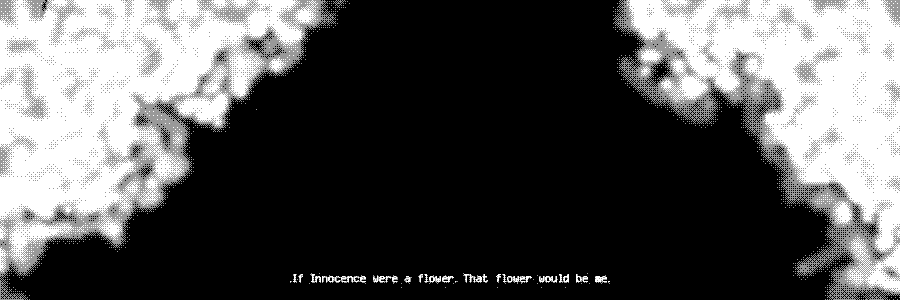Could, Would and Should
What could, what would and what should you do?
We lead a life-journey full of choices, walking upon a road riddled with many off-shoots. When faced with a predicament, we make decisions.
There are more ways than one to skin a cat. Every problem has more than one answer. Likewise there are many possible reactions to any given situation. Reactions based on instincts.
There's always something you could do, something you should do and something you would do. At times the threee different categories have a similar answer, more often than not, they don't.
What you could do: This includes practically all possible manners of handling a situation. It provides an infinite choice, unrestricted by moral dilemma or desirable consequences. It's a primary purpose of man to seek a solution to every problem. As long as it solves the current problem at hand, then it's a solution.
Our range of choices is almost unlimited. Say you are about to go to school. You could take a bus or cab, drive, even choose not to go to school. All these are things you could do. The prime aspect of the human mind that conjures up this list of possibilites, is the calculative instinct. The instinct to analyze, compare and find the simplest and most direct answer to a predicament. The simplest answer.
Now we come to the word should. Should. It is a very strong word. What you have to do.
There are things in this world that society deems acceptable. That which is accepted as morality. Some of us share these values, others have slight variations in their moral compasses. Normally, it is these very forces that propagate us toward a set course of actions. The motivation towards this is what I'd call the spiritual instinct. The instinct that leads us to believe in a higher state of mind. The need for a greater purpose in life or to lead a better life, or perhaps even believing in a higher power. Abstract concepts.
The abstract concepts and self-imposed belief cages the range of choices to be made and draws the person to behave within his own moral boundaries. Law. That is a fine example of spiritual instinct for all of us. The law states that it is illegal to murder. It is harmful to the society, and as such the spiritual instinct would agree. The understanding that what one does, does not only affect oneself, but the society at large. It is something quite widely understood. A value shared by most of the society.
Then there is the "would do's". This involves what actions you are most likely to take in any given situation. It is a choice greatly affected by one's own sense of justice, morality and self-preservation. It is one driven by our most primal instinct. To protect the self, as well as ones closest to us. The family. Everything we do, be it work or play, has a purpose. No matter how self-less any of our actions may seem, it usually leads to a point where what we've done, is for our own good.
For example, we take the average working father. He works to feed the family, to keep the house warm and the family happy. What would drive a man to do such? The need to protect his family of course. But behind that, is the underlying fact that without them, he would have little else. And without them, he would be a lonely man. That is the primal instinct at work.
Everytime you face a huge dilemma, you take the time to run through all your choices one by one. Do you do what you should, what you would, or what you could?
We are all driven by circumstance, steered by choice. Be it primal instinct, spiritual or calculative, we all make choices. How do you choose?

No comments:
Post a Comment